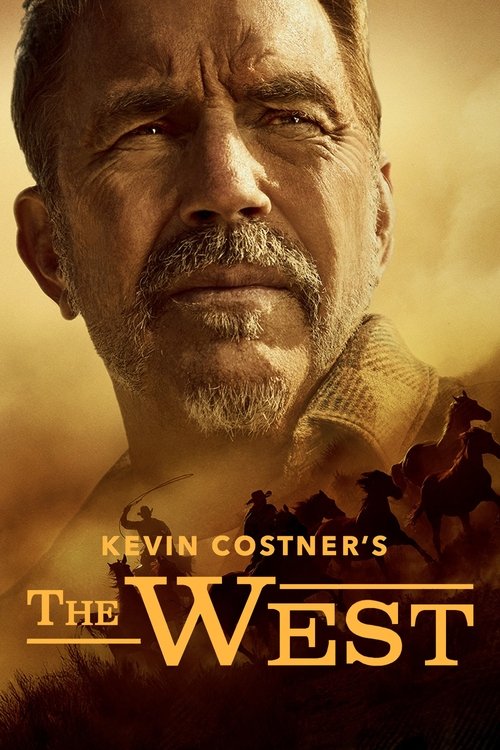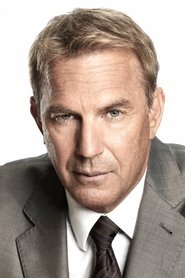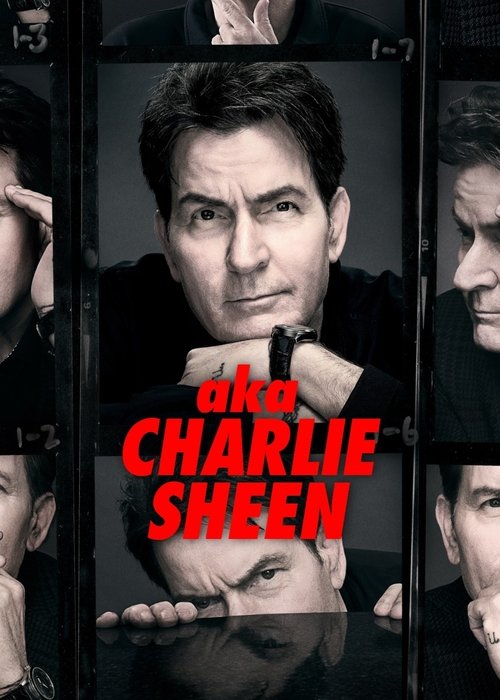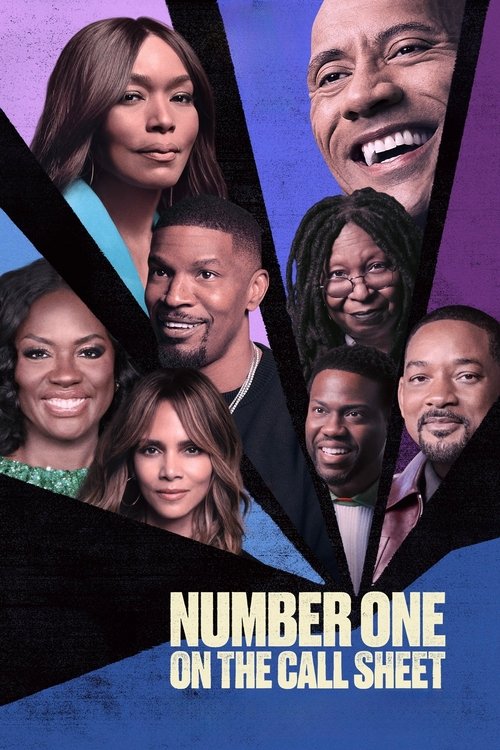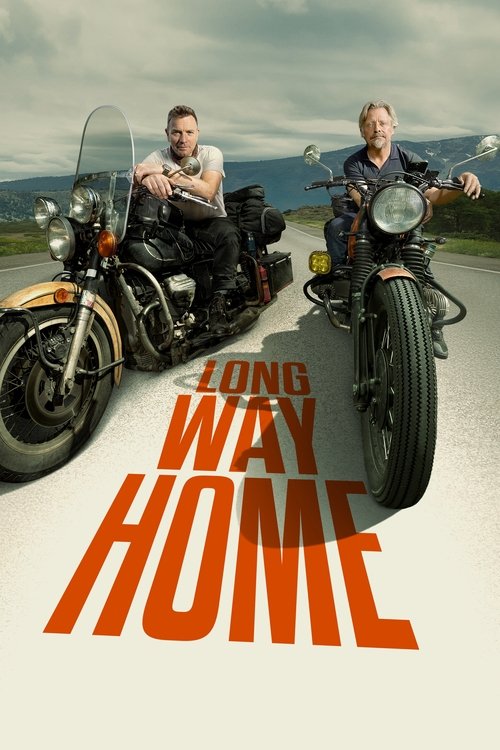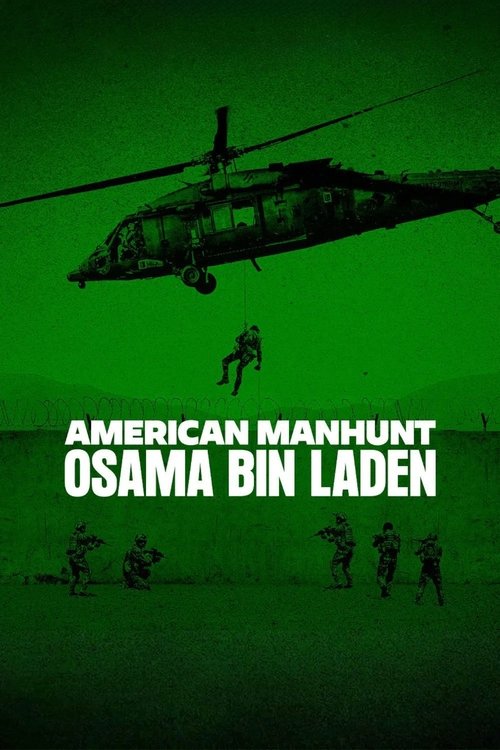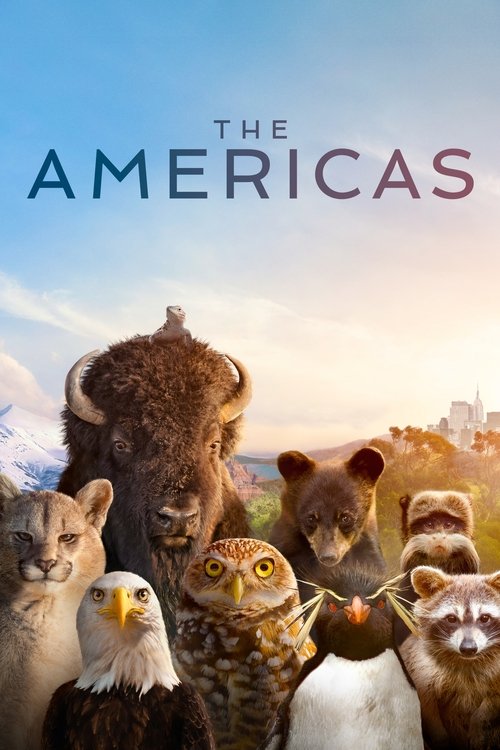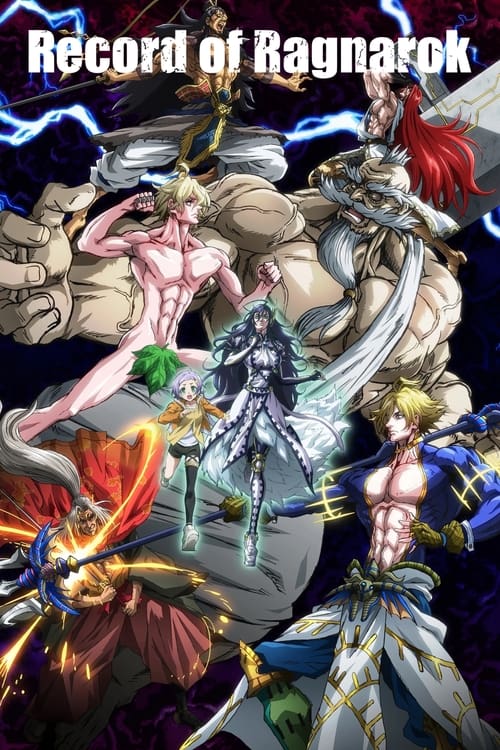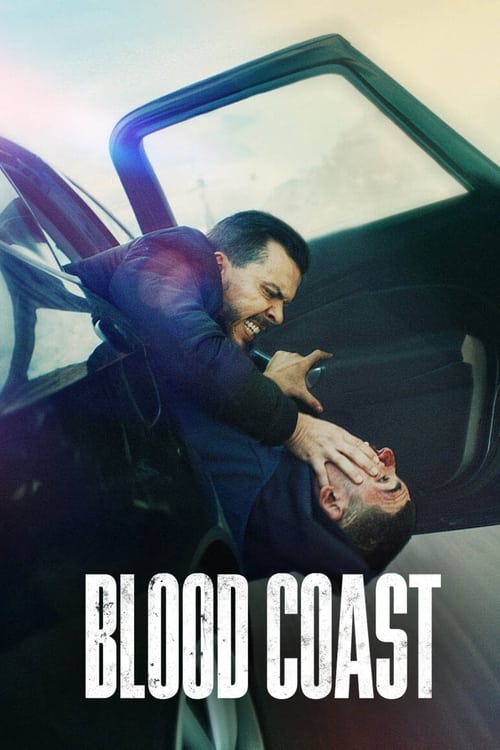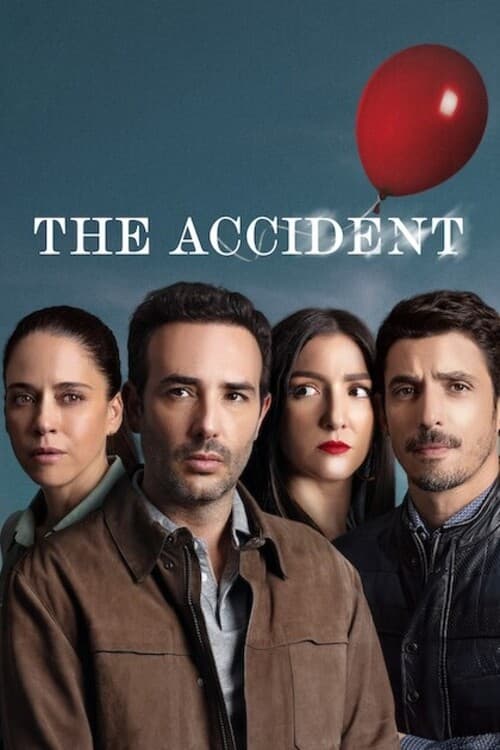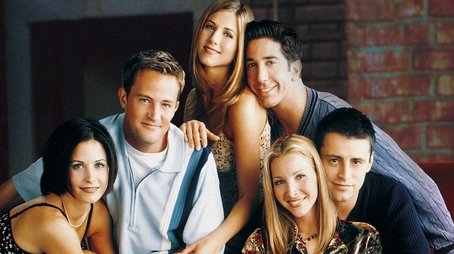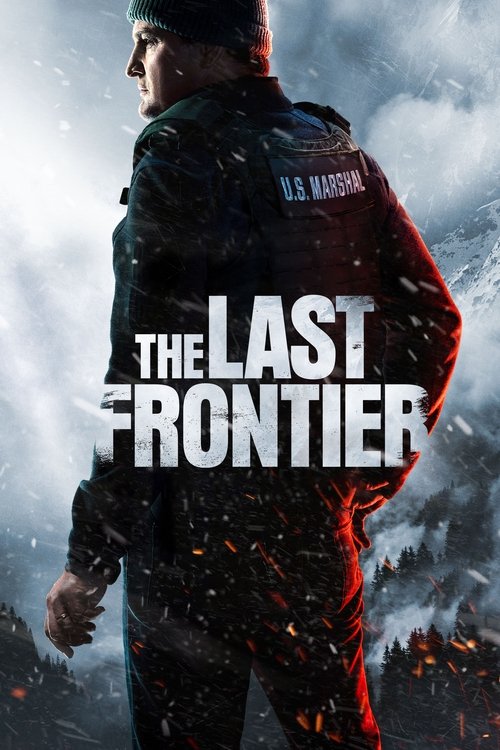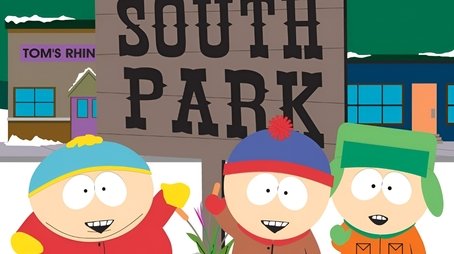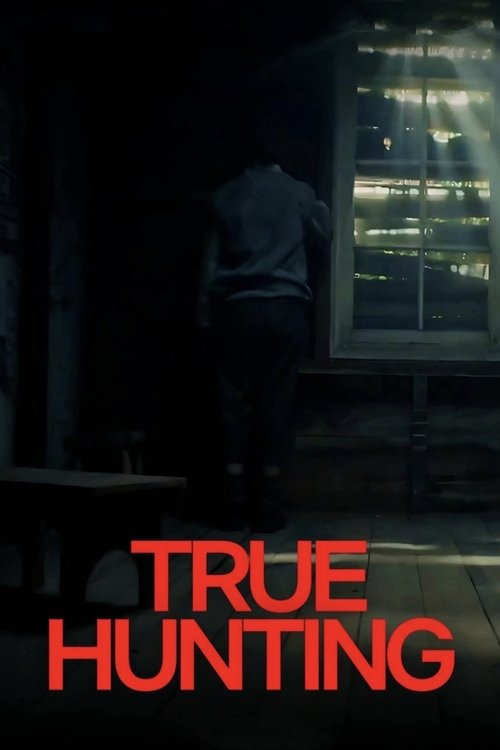
Ask Your Own Question
What is the plot?
The 2025 miniseries "Kevin Costner's The West" is a detailed historical documentary series rather than a fictional narrative, so it does not follow a traditional plot with characters and story arcs. Instead, it presents a chronological exploration of the American West's expansion from the post-Revolutionary War period through the 19th century, focusing on the complex interactions between European settlers, Native American tribes, and other key figures shaping the region.
The series begins by examining the early movement of settlers from the original thirteen colonies into territories such as Kentucky and the Great Lakes region. It highlights the settlers' ambitions to claim land and build new lives, while simultaneously acknowledging that these lands were already inhabited by Native American peoples with established societies and cultures. This initial phase sets the stage for the ongoing conflict and negotiation over land and power that defines the Westward expansion.
As the series progresses, it moves geographically and thematically westward, covering the spread into Texas, Kansas, California, and other states. It delves into the political and social tensions of the era, including the contentious issues of slavery and the division between free and pro-slavery states as they joined the Union, which foreshadowed the Civil War. The narrative also brings to light lesser-known historical figures such as John Colter, the first "mountain man," and Joaquin Murrieta, an outlaw whose life inspired the character of Zorro, illustrating the diverse and often violent realities of frontier life.
Throughout the episodes, the series emphasizes the tragic and often brutal nature of the West's history, contrasting sharply with the romanticized Hollywood Westerns. It portrays the relentless competition for land and resources, the clashes between settlers and Native American tribes defending their ancestral territories, and the complex identities forged in this turbulent environment. The series also highlights the contributions of women, abolitionists, lawmen, outlaws, cowboys, and ranchers, providing a multifaceted view of the West's formation.
Kevin Costner, as host, narrator, and executive producer, guides viewers through these stories with a focus on historical accuracy and unvarnished truth. The series uses a combination of expert interviews, reenactments, and archival materials to bring to life the century-long saga of the American West, emphasizing the enduring impact of these events on the nation's identity.
Because the series is a documentary, it does not contain scripted scenes of escapes, fights, or confrontations with step-by-step action sequences typical of fictional dramas. Instead, it recounts historical events and decisions in chronological order, presenting the causes, consequences, and human experiences behind the Westward expansion.
In summary, "Kevin Costner's The West" season 1 is an eight-part documentary miniseries that chronicles the expansion of the United States westward after the Revolutionary War, focusing on the struggles over land, the interactions between settlers and Native Americans, the political conflicts leading to the Civil War, and the diverse figures who shaped the American West. It is structured as a historical narrative rather than a traditional plot-driven story.
Related Titles
Browse All Titles →
What is the ending?
The ending of Kevin Costner's The West miniseries (2025) focuses on the Johnson County War of 1892, a violent land conflict in Northern Wyoming. The series concludes by revealing the harsh realities of this conflict, portraying the clear roles of heroes and villains, and emphasizing the brutal nature of man against man in the American West.
Expanded narrative of the ending scene by scene:
The final episode opens with the tense atmosphere in Johnson County, Wyoming, where wealthy cattle barons and smaller settlers are locked in escalating conflict over land and resources. The cattle barons, representing powerful economic interests, seek to eliminate alleged rustlers among the smaller ranchers, leading to a vigilante campaign.
As the episode progresses, the narrative details the formation of a hired posse by the cattle barons, who embark on a violent campaign to intimidate and kill those they accuse of cattle theft. The smaller ranchers and settlers, caught in this brutal power struggle, attempt to defend themselves and their livelihoods.
The conflict culminates in a siege at the TA Ranch, where the smaller ranchers and their families take refuge. The posse surrounds the ranch, and a tense standoff ensues, marked by exchanges of gunfire and desperate attempts at negotiation.
Federal troops eventually intervene, ending the siege and arresting the vigilantes, though many escape justice due to political influence. The episode closes by reflecting on the consequences of the war: the deep divisions it sowed in the community, the loss of life, and the harsh realities of frontier justice.
Regarding the main participants:
-
The wealthy cattle barons, who instigated the conflict, maintain their economic dominance but at the cost of their reputation and community stability.
-
The smaller ranchers suffer significant losses but gain sympathy and recognition for their struggle.
-
The federal government's intervention marks a turning point in frontier law enforcement.
Kevin Costner's narration throughout this ending emphasizes the unvarnished truth of the conflict, stripping away romanticized myths of the West to reveal the complex and often brutal human struggles behind historical events.
This conclusion serves as a stark reminder of the violent and contested nature of American westward expansion, highlighting the human cost of progress and the enduring conflicts over land and power.
Is there a post-credit scene?
There is no post-credit scene in Kevin Costner's The West, season 1 titled "Miniseries," produced in 2025. Available information about Kevin Costner's recent projects, including similar Western-themed works, indicates no after-credits stinger or scene is included. The series itself is a documentary-style exploration of the American West and does not feature traditional narrative post-credit scenes typical of fictional dramas or films.
Is this family friendly?
Kevin Costner's The West (2025) is a documentary-style miniseries exploring the complex history of the American West, including the struggles over land and freedom involving Native American nations and settlers. It is not primarily a fictional drama but a historical documentary series.
Regarding family-friendliness, the series contains depictions and discussions of historical conflicts, violence, and bloodshed related to the colonization and settlement of the West, including the displacement and resistance of Native American peoples. These elements may be potentially upsetting or objectionable for children or sensitive viewers due to the serious and sometimes graphic nature of the historical realities portrayed. The tone is described as sober and realistic rather than romanticized or sanitized, reflecting the harsh truths of the era.
No specific scenes are detailed in the available information, but viewers should expect:
- References to violent clashes and battles over land.
- Portrayals of displacement and suffering of Native American communities.
- A serious, sometimes unsettling tone that does not shy away from the darker aspects of Western expansion.
Because it is a documentary with historical content rather than a fictional family drama, it is best suited for older teens and adults who can process complex and difficult historical themes. Parents or guardians should consider the maturity of younger viewers before watching.

